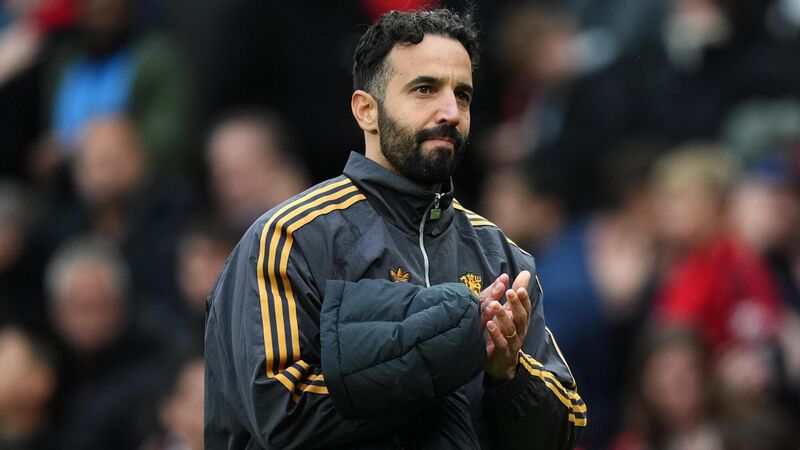Ruben Amorim’s year at United: renaissance of hope on a long, difficult journey

Ruben Amorim has overseen three Manchester United victories in a row after bruising early season defeats
The excitement of a new era at Manchester United was almost palpable, according to one observer. The part-owner Sir Jim Ratcliffe, CEO Omar Berrada and technical director Jason Wilcox were full of optimism. What owner isn’t energised by making a coaching appointment, especially their first? It was a chance for Ratcliffe to put his imprint on United after years of drift under the Glazers.
The coach, who had regained the title at Sporting, had youthful vivacity, an admirable track record and emotional intelligence. Ruben Amorim, appointed a year ago this Saturday, was one of the most desired young coaches on the market, which is why Tottenham and Liverpool had also considered him.











